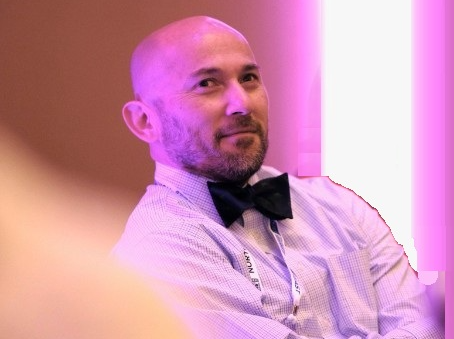Tom Schin shared their story and experiences with us recently and you can find our conversation below.
Hi Tom, thank you for taking the time to reflect back on your journey with us. I think our readers are in for a real treat. There is so much we can all learn from each other and so thank you again for opening up with us. Let’s get into it: Who are you learning from right now?
It goes without saying that family is and should always be most important. I learn so much from my family. Things they do or say, as well as things I do or say (good and bad). There’s real life scenarios that we can’t replicate elsewhere, but EVERYONE can relate to based on our personal life (success and failure). We often miss out on these opportunities because we’re churning and burnliimafng away at things. I enjoy finding the learning moments wherever I can – at home, at networking meetings, with clients, reading and consuming digital content and more. In this instance, I like to reference the home learning we all have access to.
All of those lessons can apply themselves to our work modes. How we communicate, the patience we demonstrate when explaining things. How we diffuse situations. The conundrum of being our best and worst selves vs. being right or being humble. I’m extremely lucky to have the family and friends I do, and always strive to do a little better by them day by day.
Can you briefly introduce yourself and share what makes you or your brand unique?
I’m Tom Schin. I’m the owner of Build Better Culture. I have a number of tongue in cheek names for myself (i.e. Engagement Engineer, HR Ukelelist, HRAnthropologist, etc.). They’re all for fun, but they do reflect my personality. I like remind people to have a few Jester moments in their lives at all times.
At the heart of it, I created my company to help people enjoy Mondays. We’ve all been in those scenarios where a colleague or a boss was our dread. It’s what we least enjoyed about going to work. What if it could be better? What would it look like if it were better? What would it feel like?
There’s a path. I help individuals and organizations with PART of the solution – honed in on Leadership Development training and coaching. From my point of view, if we can help managers get better at leading, the impact they have can be immediately felt and experienced by the people who report (and look up) to them. Think about that for a minute. If your managers are better at engaging and leading teams, who benefits? EVERYONE. Their employees are more productive, and enjoy their work more AND senior leadership sees compounded improvement and success. PLUS the manager can see and feel their direct impact – something we all enjoy!
I spent my middle career in the talent acquisition industry – everything from your physical and skilled labor roles, to complex technical and scientific. Those experiences with a variety of industries, personalities, successes and learning opportunities, helped me see that there was a big gap in manager COULD be with their people leadership. Largely it wasn’t because they were bad at their jobs, rather there was no one to be a resource or guide for them. I felt with my experience, I could help them get a little better, day in and day out, thus Build Better Culture was born.
Appreciate your sharing that. Let’s talk about your life, growing up and some of topics and learnings around that. What breaks the bonds between people—and what restores them?
Trust is a wonderful and awful thing. When you have it, life is good. You know someone has your back, or they’re going to do what they say they’re going to do. They also know the same of you.
What happens when one of you lets the other down?
Most people give up on that person (and yes, it depends on how severe it is). Potentially life long friendships and work partners, tossed aside because someone messed up.
I love the examples from a show called Ted Lasso – where he forgives people. There’s a true heart and soul to it all (you have to watch to get it). We carry such power and the ability to heal. If we can get beyond our ego’s and need to feed our pain (or spite), we could do so much more by helping someone else find forgiveness to move forward. Aspirational for sure, but not impossible. Some would say “it takes a bigger person” and I would say, “Why can’t that be all of us?”
As leaders, we need to set the tone or example for this. Sure, trusting an employee to act a certain way is critical. But what would it look like, feel like, etc. if you were forgiven, or they were? How much good could be done by demonstrating that bonds can be repaired? People who’ve earned trust back, pay it back ten-fold. Think about that employee you gave a second chance to when they were weathering personal storms at home (physical ailments, personal relationships, etc.). How much did it cost you to give them the benefit of the doubt? What did it do for them, their confidence, and how they pay that forward at work and in life?
We all get mad. We all lose faith and trust in people. How do we restore it?
What did suffering teach you that success never could?
Early in my career, I had great success – almost to the point where I felt like I was untouchable. When failure and suffering hit in my professional life, it gave me the shock and lifelong lessons that I would not otherwise have learned. I carry those lessons to this day (decades later).
We’re all human. We can do great things, but we’re fallable and can make mistakes (some bigger than others). It’s what and how we learn to adapt and illustrate resilience that truly defines us as members of a community. It lets us act with more compassion toward others when they go through similar life scenarios, and we can learn to help them get through it.
There’s a patience, and golden/platinum rule lesson baked in there, that you just can’t understand (fully) until you’ve experienced some of those really powerful lows in your personal and/or professional life. You don’t need to look for trouble, but if you spend some time doing an internal dive, you’ll find it. You’ll never know what rock bottom feels like unless you’ve been there – so remember to give a little grace, a little benefit of the doubt. EQ moments at its finest.
Next, maybe we can discuss some of your foundational philosophies and views? Where are smart people getting it totally wrong today?
You can be really smart, and have all or most of the answers. It doesn’t mean you have to show others up. You don’t always have to be the one raising your hand, telling everyone you know the answers. You don’t need to be the teacher’s pet and prove you did your homework, or always sit in the front of the classroom. You can let others answer, and respond – demonstrate their knowledge and experience. Help them find ways to articulate their perspectives and stories.
Really smart people can sometimes be so sure of themselves that no one else can be right. It can also sometimes show that. It burns relationships, turns people off, and eventually erodes relationships.
Sometimes being the smartest person in the room means, you’re smart enough to know that you can sit quietly and let others speak up and have their moment in the spotlight. They can have the opportunity to build confidence by demonstrating that they belong at the table.
Before we go, we’d love to hear your thoughts on some longer-run, legacy type questions. Are you doing what you were born to do—or what you were told to do?
This is a great quesiton. I had a similar discussion with friends recently – about college. We went to college because we were supposed to. It was ingrained on us by teachers, (primarily) parents, and others. You just knew you had to go. It’s what was expected of you.
Your question aludes to a heavy burden to carry – “born to do.”
So I would say early on, I did what I was told to do. Strict household, strict upbringing – more out of fear of reprisal than anything. It’s what’s wrong with a lot of manager’s approach to the people under their care. Some manage the way they were “managed” and that’s not always a good thing. It’s a little “follow-the-leader” -esque.
Today, I’m more in the born to do mode. I feel like the knowledge, and lived experiences I share with my clients, are meaningful and helpful to translate to their own situations. This is true in validation of thoughts, or to compete with and bring counter arguments to their direction (both valuable). I’m meant to be where I am today (personally and professionally), and thankful for every minute of it.
Contact Info:
- Website: https://www.buildbetterculture.com
- Instagram: https://www.instagram.com/bbetterculture
- Linkedin: https://www.linkedin.com/in/schinnn
- Facebook: https://www.facebook.com/104808357751277
- Youtube: https://www.youtube.com/channel/UChSvqs_phm4xwitTVo8o04Q
- Other: https://wrkdefined.com/podcast/this-meeting-should-have-been-a-podcast
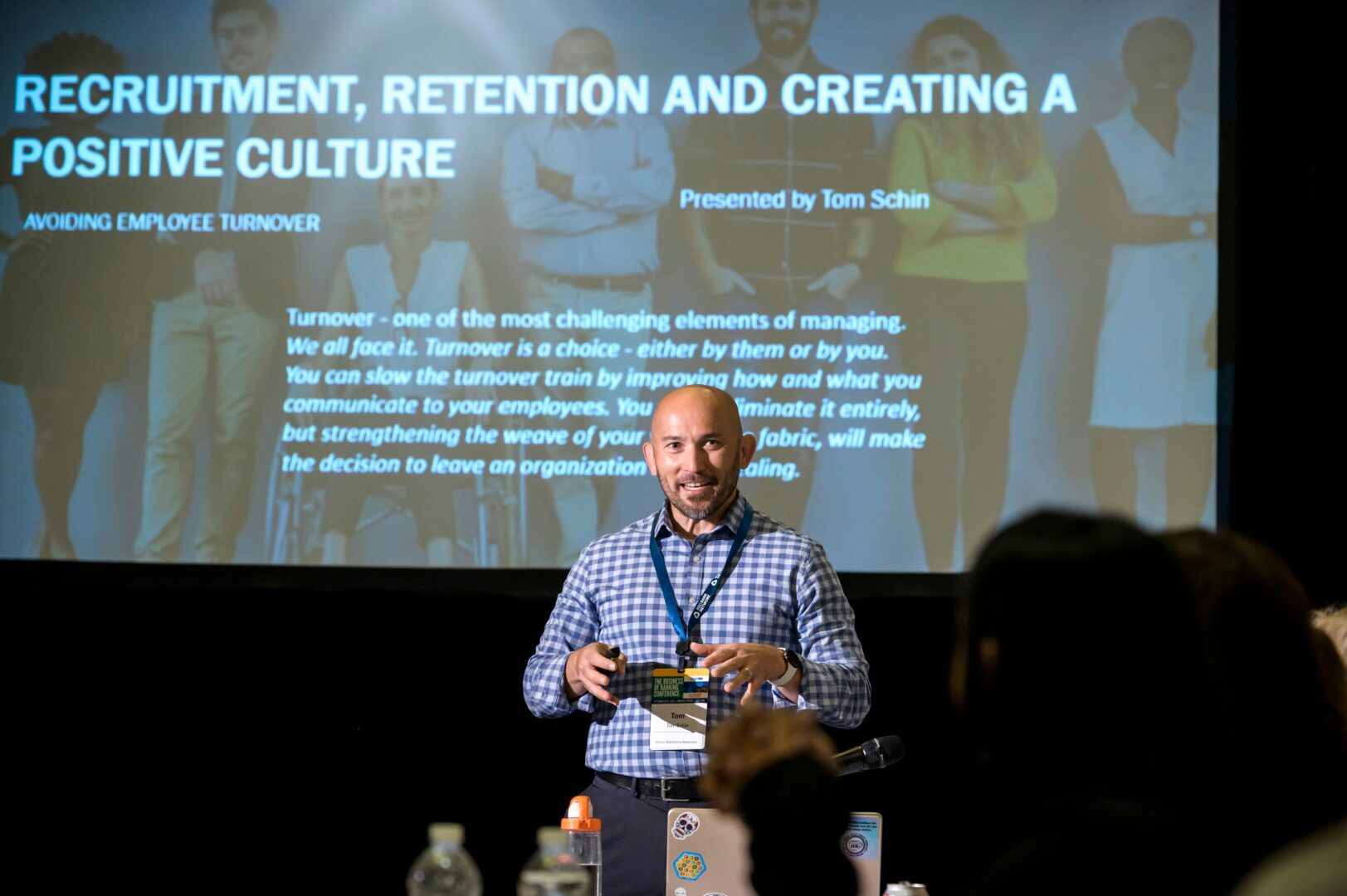
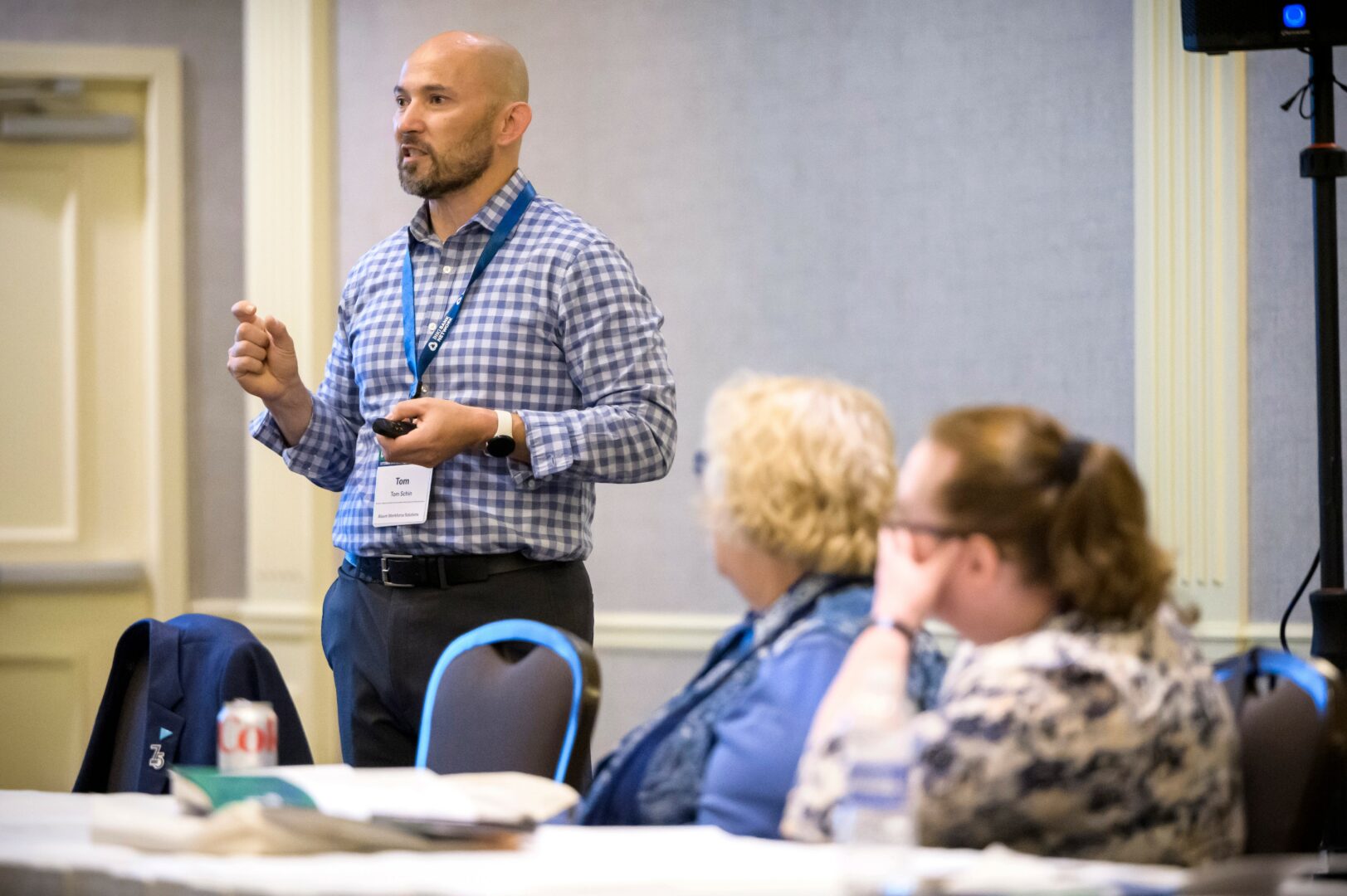
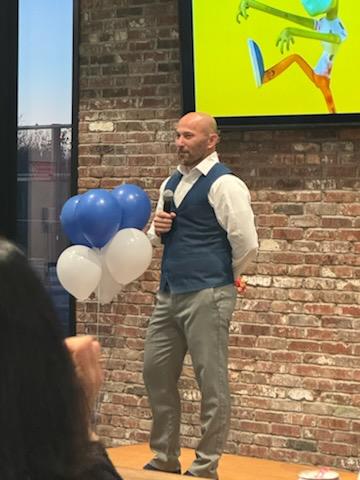
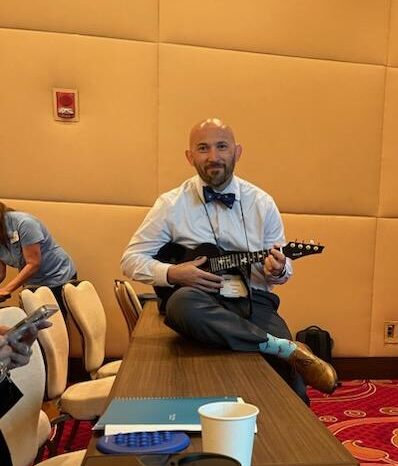
so if you or someone you know deserves recognition please let us know here.

